Retour sur la Bourse Eiffel avec Michal Lipian, maître de conférences en Pologne
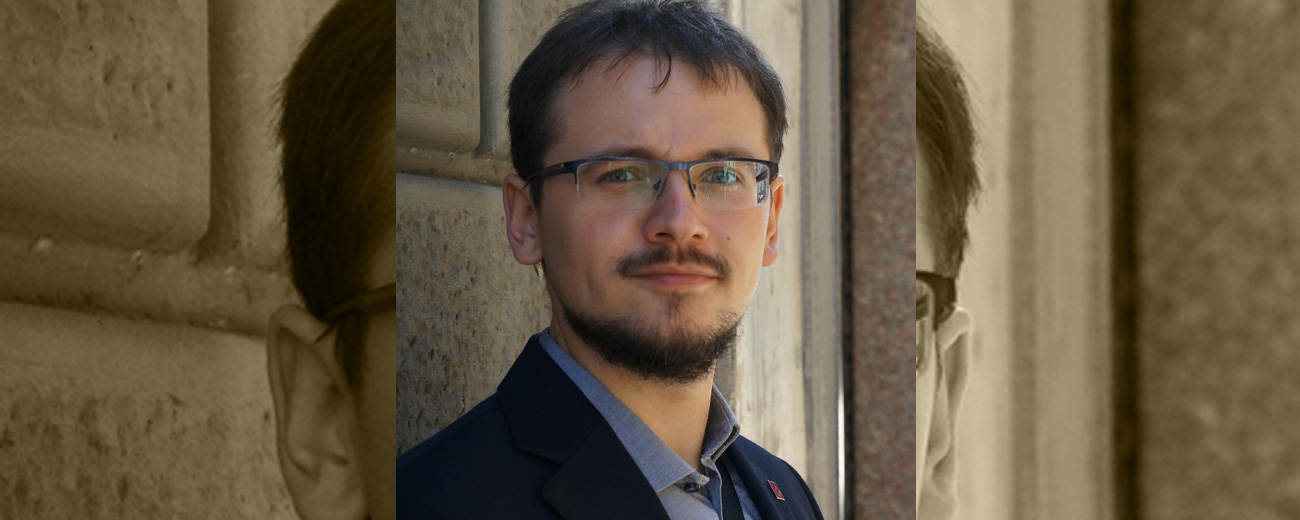
Michal Lipian est maître de conférence à l’université de Lodz en aérodynamique appliquée, spécialiste dans les expériences en soufflerie et les simulations numériques d'écoulement.
Retour sur la table-ronde 'Usine du Futur' organisée autour du démonstrateur Practice 4.0
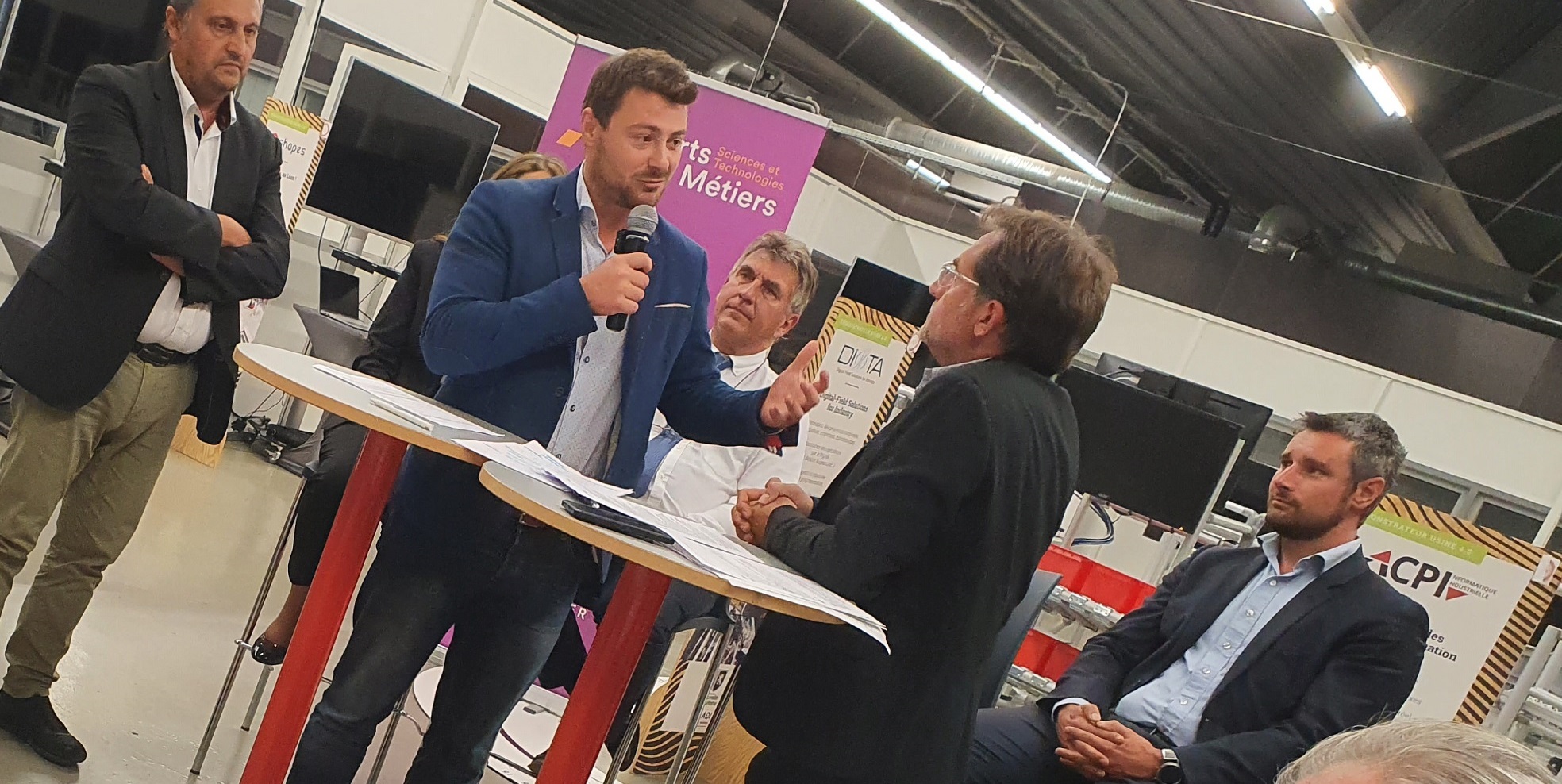
Mercredi 20 octobre, une table-ronde en ligne organisée par la Maison de la Nouvelle-Aquitaine à Paris était enregistrée et retransmise en direct depuis Practice 4.0, le démonstrateur du campus Arts et Métiers de Bordeaux-Talence.
DemoES : le projet d’Arts et Métiers lauréat de l’appel à manifestations d’intérêt
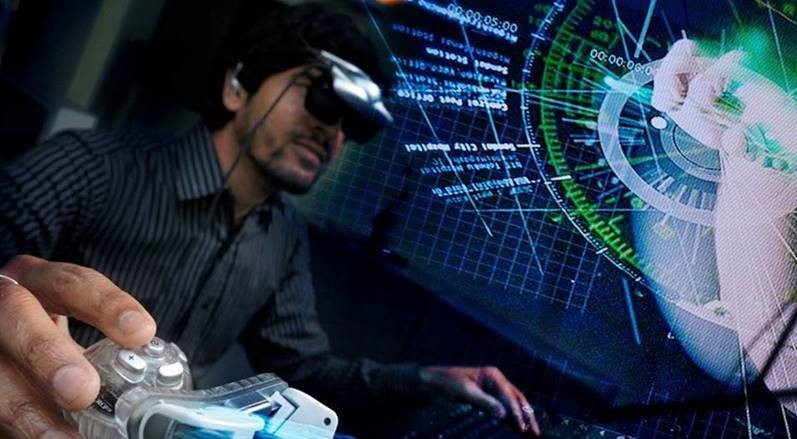
JENII, le projet d’Arts et Métiers, de formation à distance pour l’industrie du futur fondé sur des environnements immersifs et collaboratifs bâtis autour de jumeaux numériques de systèmes industriels réels, a été sélectionné parmi les 17 lauréats de l’appel à manifestations d’intérêt (AMI) « Démonstrateurs Numériques dans l’Enseignement Supérieur » (DemoES) lancé dans le cadre du PIA4. À ce titre, il bénéficie du plus important budget de l’appel à projets :9,5 millions d’euros.
Le parcours Canada, une des possibilités pour les étudiant.e.s de partir à l’étranger !
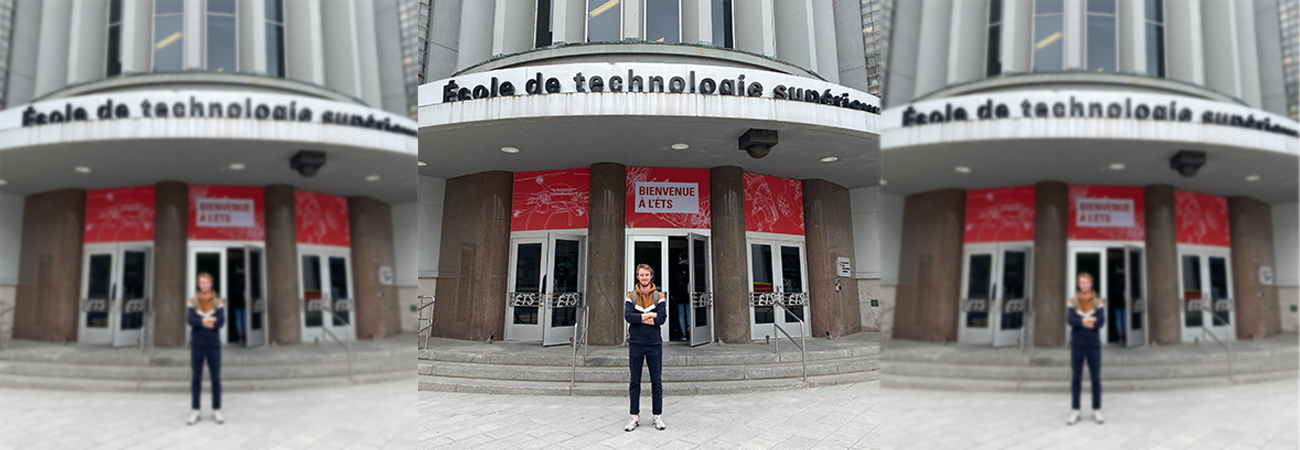
Le parcours Canada est une opportunité pour nos élèves-ingénieurs en 3ème année de partir dans les universités canadiennes et découvrir une nouvelle façon d’enseigner et de travailler.
27 novembre : Journée Portes ouvertes 100% virtuelle !

Pour découvrir Arts et Métiers, rendez-vous samedi 27 novembre, de 10h à 17h, à l'occasion d'une Journée Portes Ouvertes 100% virtuelle !
VINCI Energies renouvelle son soutien à Arts et Métiers
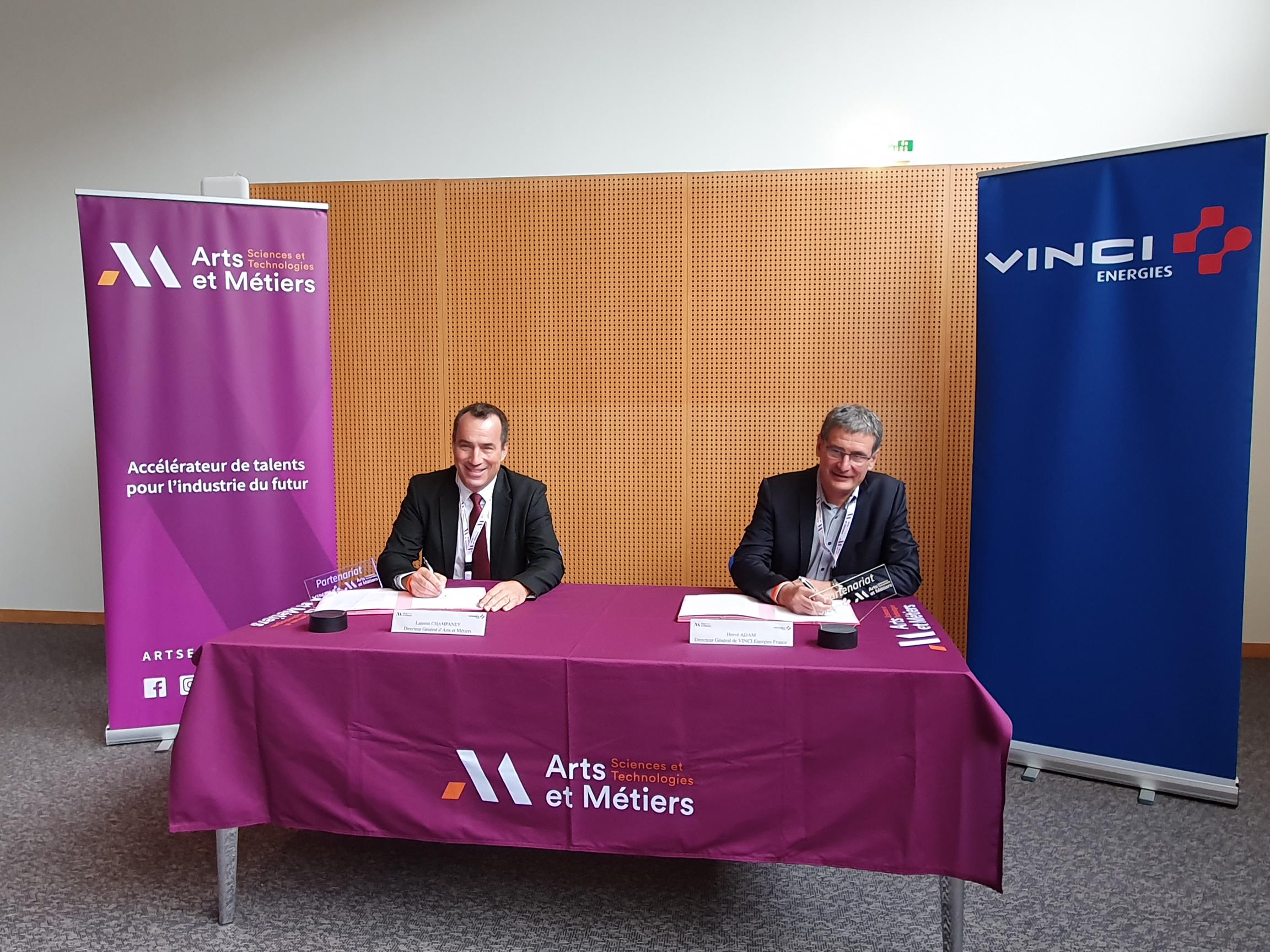
Laurent Champaney, directeur général d’Arts et Métiers, et Hervé Adam, directeur général de VINCI Energies France, ont signé le 7 octobre 2021 à Metz, une nouvelle convention de mécénat de trois ans (2021-2024).

